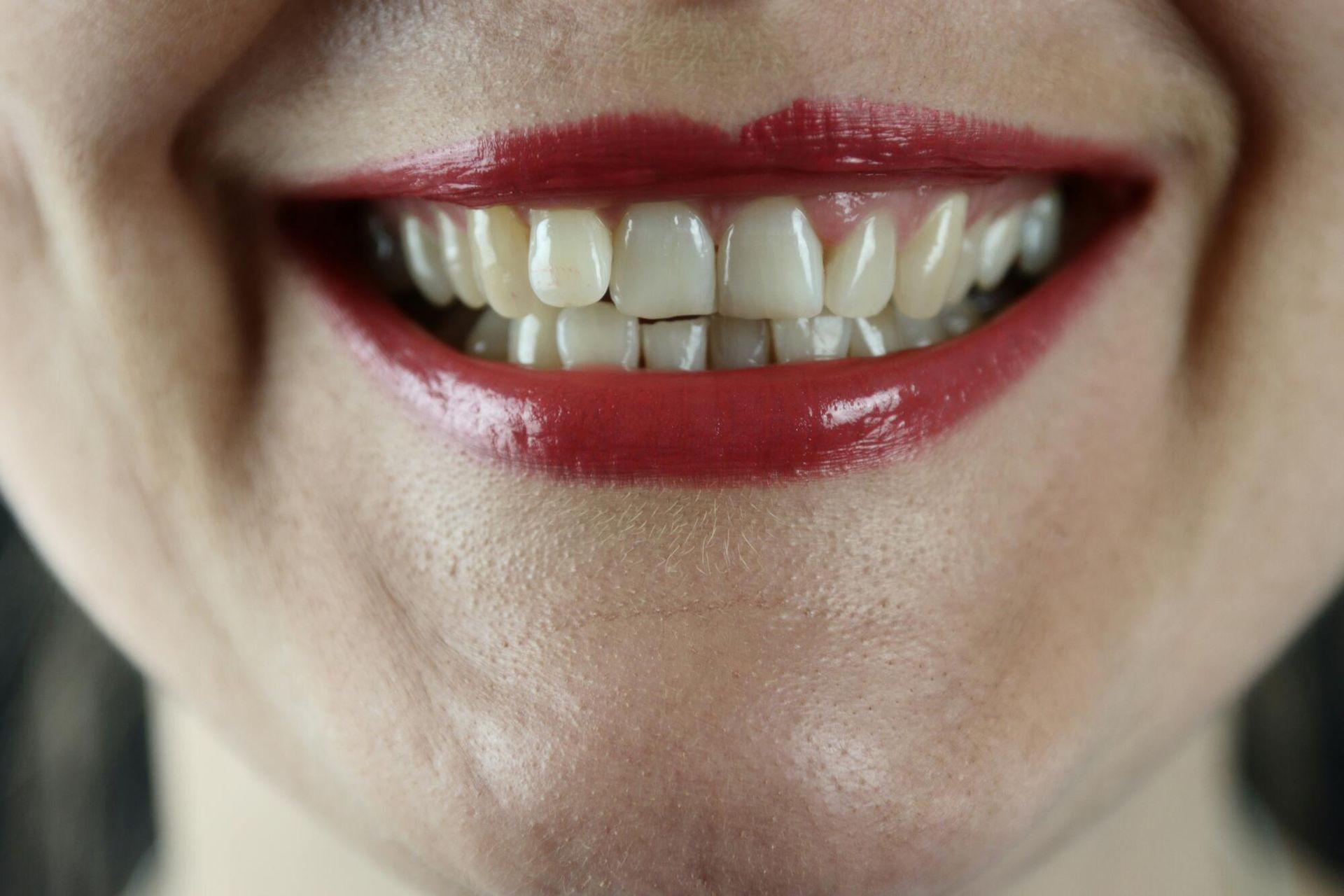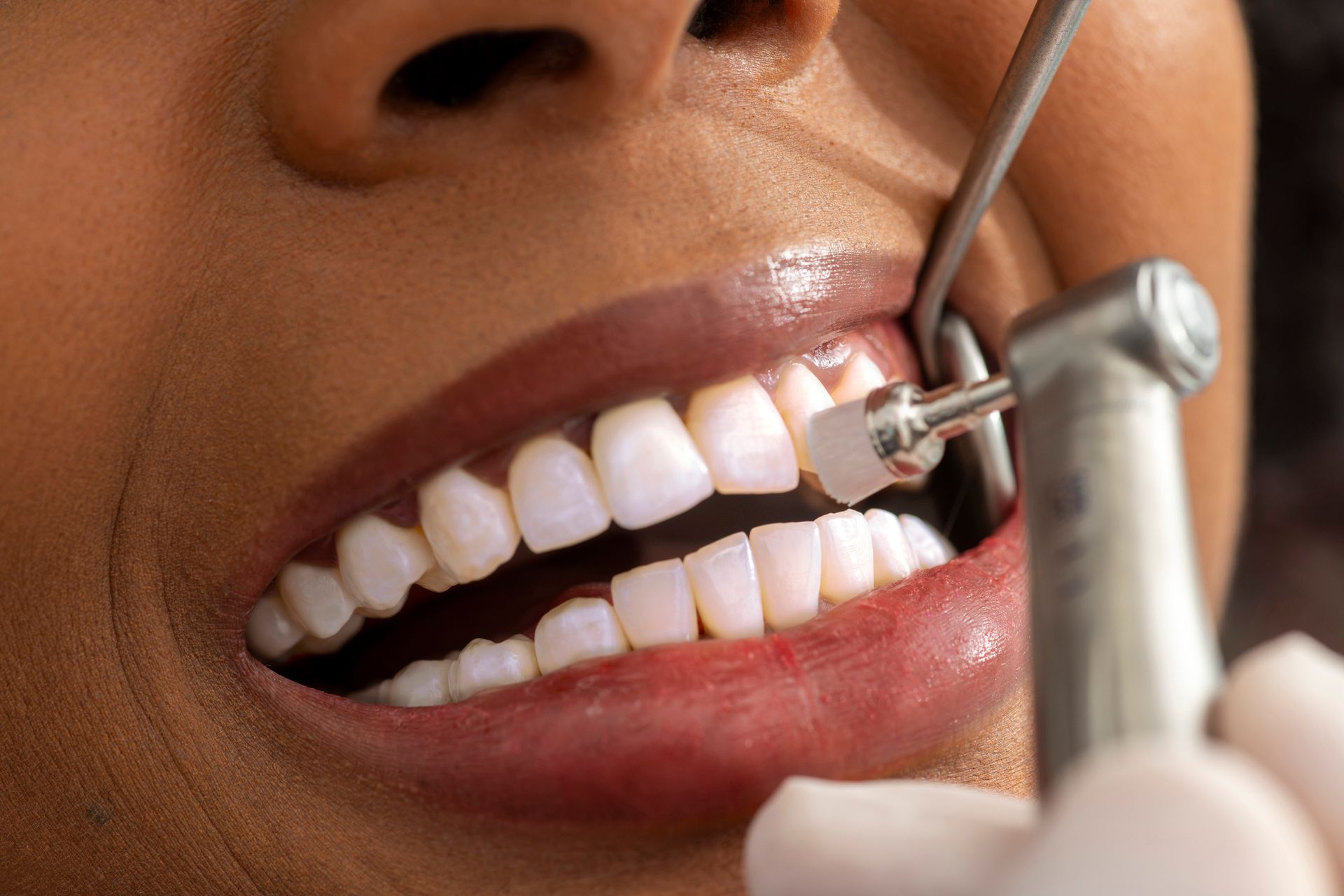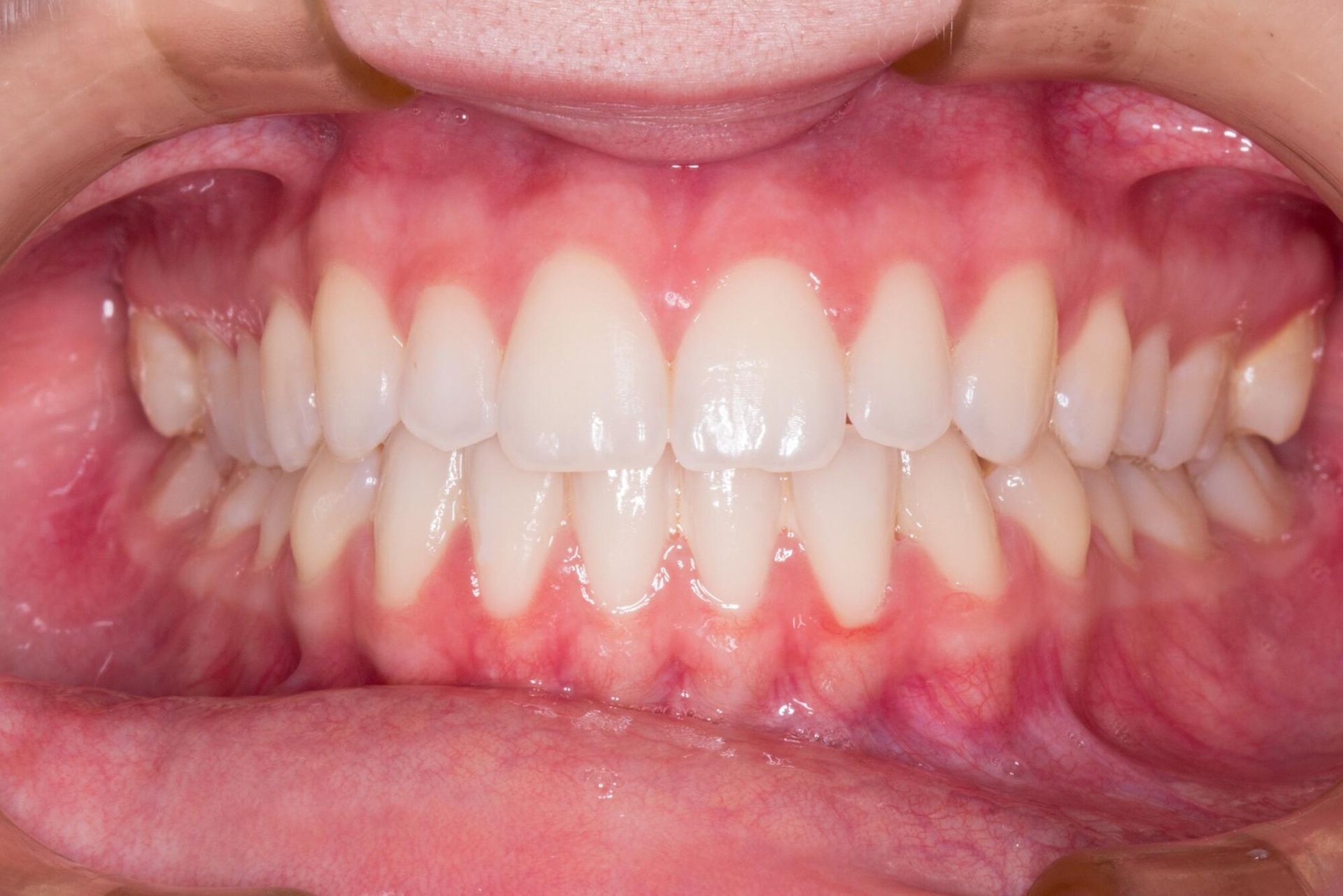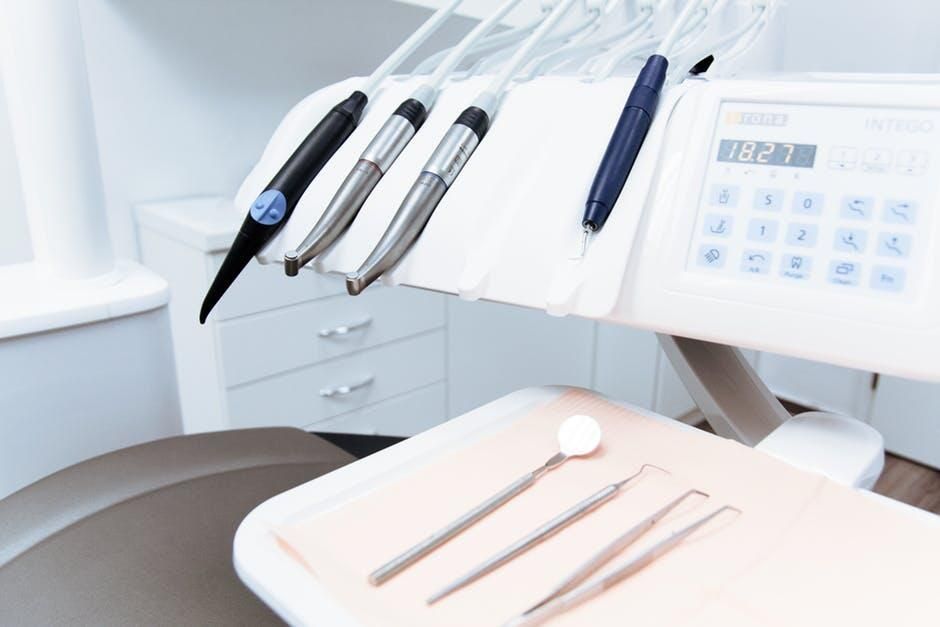The connection between a healthy diet and life expectancy is clear, but what about your number of teeth? Recent studies show that having more than 20 healthy teeth can decrease death rates by 2.5%.
What if you have lost or are losing a tooth? There are solutions, and one stands above the others as the most popular and effective.
Read on to learn everything you need to know about the different types of dental implants.
What Are They?
Is your tooth broken, chipped, or even missing? All of these situations are more than inconveniences. They qualify as dental emergencies.
There are many ways to fix them, but dental implants are among the most popular. They're a false metal tooth root attached to the jaw and then to a prosthetic such as a crown or bridge.
Candidates
Dental implants are a widespread solution for missing or chipped teeth. However, not everyone is a candidate for the procedure. It's only recommended for adults because children's mouths and jaws are still growing.
They should have good general oral health. Their gums should be healthy with no periodontal disease, which about 42% of adults over 30 have. They must also have adequate bone density in the jaw.
Patients without a strong enough jaw bone to support the implant can receive a bone graft. If the implant goes into their upper jaw, they may undergo a sinus lift.
Different Types of Dental Implants
There are many different types of dental implants. Certain shapes and materials are more popular than others but speak to your dentist to find the right one for you.
Endosteal
An endosteal implant is anchored into the jawbone. It's shaped like a small screw.
The implant gets anchored into the vacant tooth root. This helps preserve your face and bone structure.
Subperiosteal
A subperiosteal implant is placed under the gum tissue or on top of the jawbone instead.
It's the less common option. This type is used for patients who don't have enough healthy tissue to support an endosteal implant.
Zygomatic
A zygomatic implant goes into the zygoma or cheekbone. It's a long implant used for those with bone deficiency or who need an entire upper set of teeth replaced.
This is a more affordable option than replacing each tooth individually, but speak with your dentist about possible additional complications.
All-on-Four
An all-on-four implant uses four standard implant posts to anchor a full-arch bridge. It's also faster and more affordable than implants for individual teeth.
It can be bulky and feel like wearing dentures, and it doesn't always heal as well as other types.
Mini and Short
Mini and short implants are skinnier or shorter versions of a standard implant.
This option may be used in cases of bone deficiencies. The success rate isn't as high as other types.
Metals
The shape of the implant isn't the only thing that differs. They're also made of different kinds of metals.
Titanium was once the only material used in implant dentistry. It's still the most popular because of its effectiveness, though it may be mixed with other metals in alloys. It doesn't disturb the jawbone and lets it grow naturally. This also helps it last longer. It's cost-effective and versatile.
Zirconia is a more recent option. It's similar to titanium but is better for those with metal allergies. It fractures more easily but is less susceptible to corrosion. It also leaves no dark color showing through the gums.
Procedure
There are two main methods of getting dental implants.
A single-stage process requires only one appointment with the implant, connector, and crown all placed at once. It's faster, less invasive, and better for those with oral problems.
The two-stage process involves at least two appointments. First, the dentist places the implant at the bottom of the jawbone and then stitches it up. That gets a few months to heal before you return and have the connector piece and crown attached. It's more invasive but creates a stronger fit.
In either procedure, the steps you should expect may include:
- Initial examination
- Tooth extraction
- Bone grafting
- Insertion of the implant and abutment
- Fixing the permanent crown
Aftercare
Expect to feel a bit sore for a few days after the surgery. You can ease the pain with ice or by taking over-the-counter pain medications. Avoid hard or crunchy foods until the procedure is complete and your final crown is securely in place.
Keep up your dental care routine. Regular teeth cleaning becomes even more important to prevent infection.
Dental implants can't get cavities, but you should treat them like a regular tooth. Brush and floss them and the surrounding area.
Visit your dentist regularly for cleanings every six months and to check on the health of the implant. Tell them if it feels painful or loose.
Some possible dangerous complications to look out for include:
- Infection of the surgery site
- Damage to other teeth or nerves
- Sinus issues
Benefits of Implants
Dental implants are durable and long-lasting. They have a success rate of over 97% with proper care.
Patients may find them easier to care for than other tooth replacement options. Keeping dentures clean can be a chore.
They prevent any bone loss caused by lost teeth. Your jaw won't change shape or lose density.
They look and behave like natural teeth. They restore your ability to bite, chew, and speak as you normally would.
Where to Get a Dental Implant
All the different types of dental implants serve the same purpose. They help handle the dental emergency of a missing or broken tooth.
Finding the right dentist to help you choose one can get your mouth back to how it was.
Marconi Dental Aesthetics provides exceptional, welcoming care led by our implant specialist, Dr. Marconi. We provide a range of dental services and stay updated on the latest technology, such as lasers, CBCT scanners, and digital x-rays.
We hope to make every visit exceptional, whether it's an emergency or a check-up. Schedule an appointment with us today.













